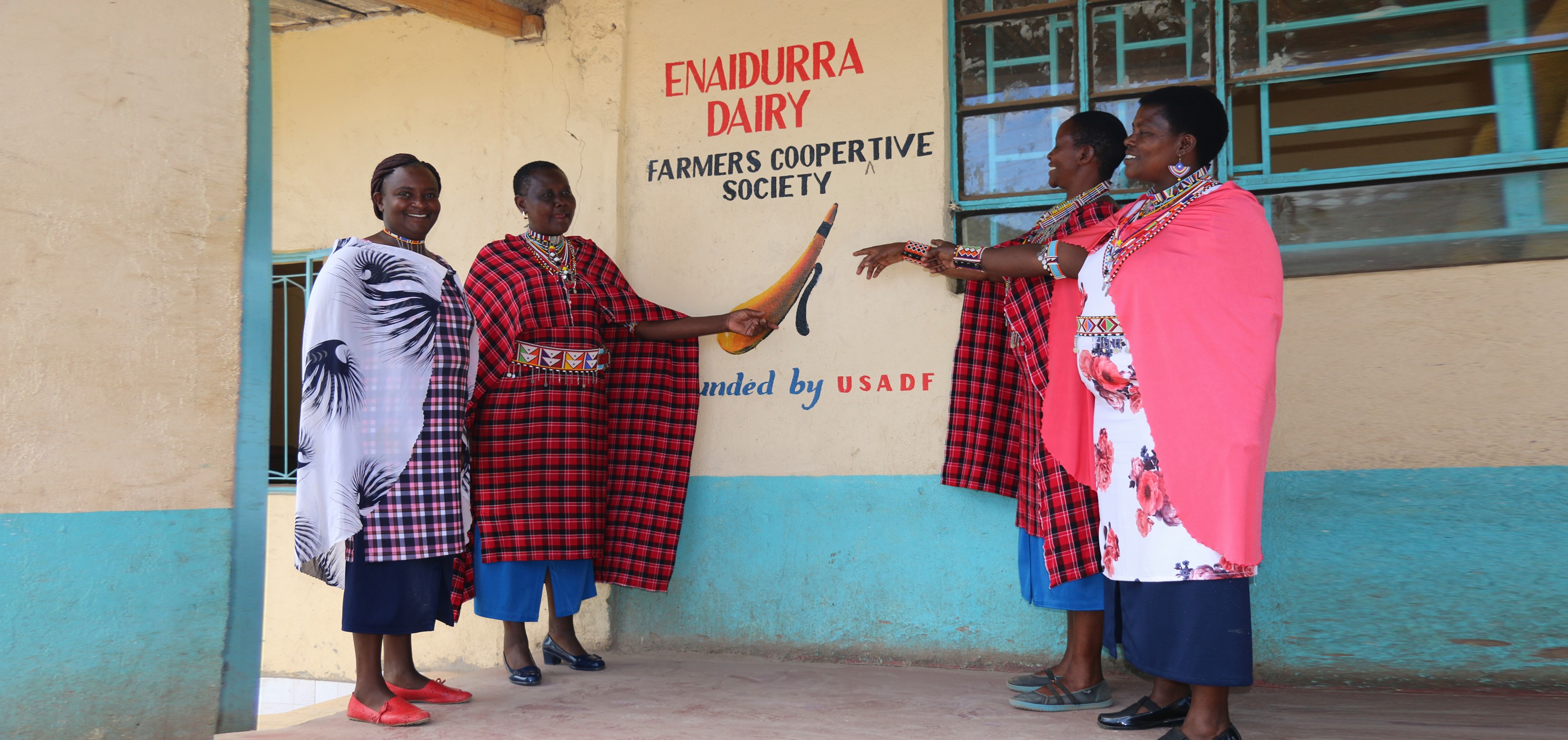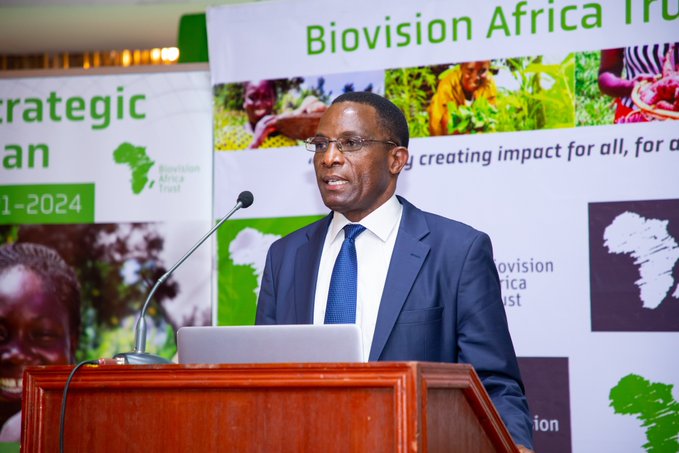
By George Munene
The United States African Development Foundation (USADF) has partnered with the Stanbic Kenya Foundation (SKF) to offer Sh1.07 billion worth of grants in 2021 to Kenyan Micro, Small, and Medium Enterprises (MSMEs), cooperatives, and producer groups. These businesses will need to be in the sectors of agriculture, agribusiness, manufacturing, health, trade, and services.
Related News: Nairobi-based mobile commerce agriculture startup receives $627,000 in seed funding
Related News: Government signs financial agreement with an international funding organization to boost fish farming in Kenya
Applicants are eligible for a maximum award of Sh 5.4 million and need to be registered private businesses operating in Kenya.
For the SMEs to be considered they will also need to show that they are wholly African-owned and managed. Further, they should be a legally registered entity in Kenya, with basic functional management and financial controls for at least two years, with a banking history of no less than 12 months.
The grant is meant to help these businesses address gaps in their internal systems, ensuring they have sufficient capabilities to meet commercial investor requirements. It is thus required that applicants have previously applied for commercial investment and had their applications denied due to internal systems and capability gaps.
Related News: Organisation to train more farmers to meet growing organic food demand
Eligible applicants need to contribute at least half of the cost of addressing the identified problem. and have a clearly defined market opportunity they are seeking to fill that will grow their revenue.
Applications need to have filled this application and emailed it to This email address is being protected from spambots. You need JavaScript enabled to view it. no later than midnight July 22, 2021.
Write comment (0 Comments)
















